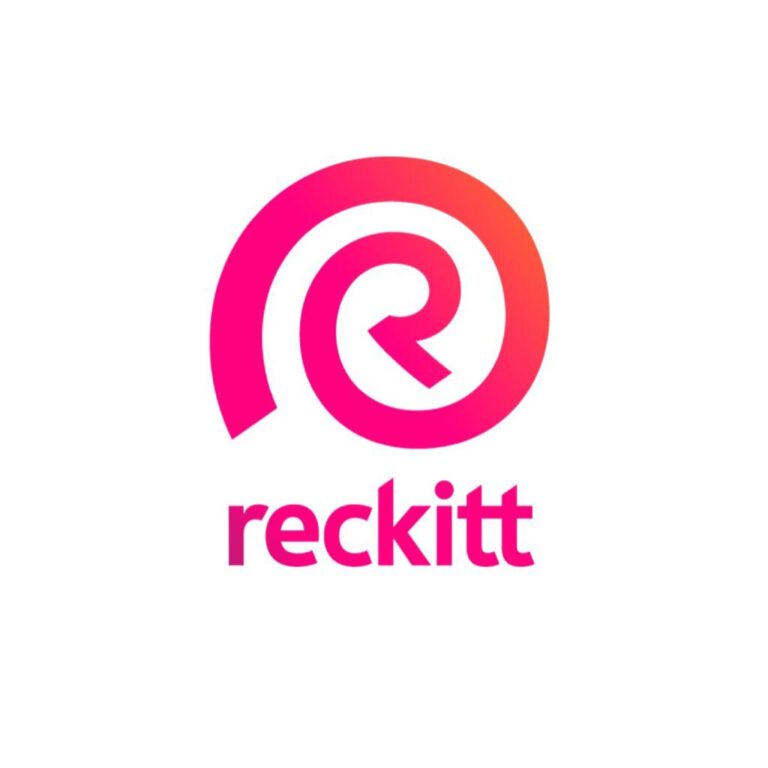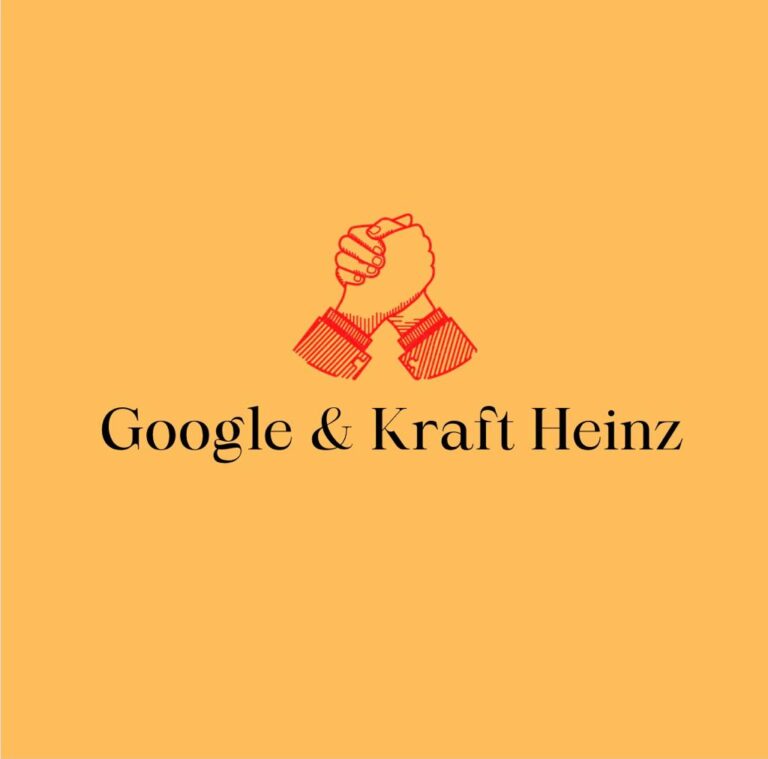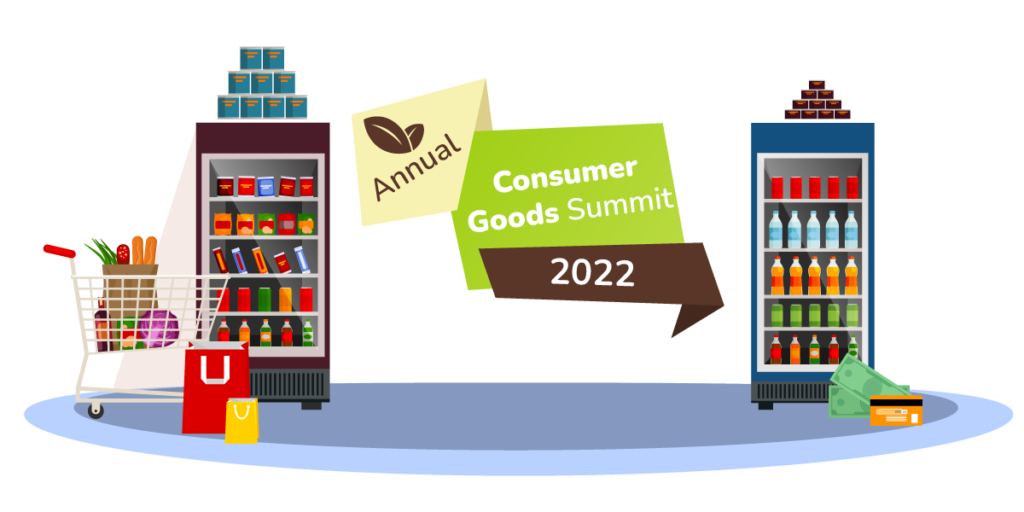
An insight into Reckitt’s future and ongoing strategies and developments
Reckitt established its e-commerce arm to serve consumers via DTC or online platforms. The company expanded 17% in 2021, representing 12% of net revenue plus, it plans to generate 25% of revenue from e-commerce by the mid of 2020s by collaborating with Amazon. Total net revenue for Reckitt increased by 3.3% in the final quarter of 2021 while the percentage reached 3.5% for the full year. The company plans to deal with inflation in 2022 by implementing growth management strategies and productivity measures. As per Reckitts’ internal research, 8% of consumers plan to stick with their newly developed habits after COVID, while to keep up with the sustainability footprint the firm has deployed a sustainability calculator to control its ecological impacts. Read more from Consumergoods






